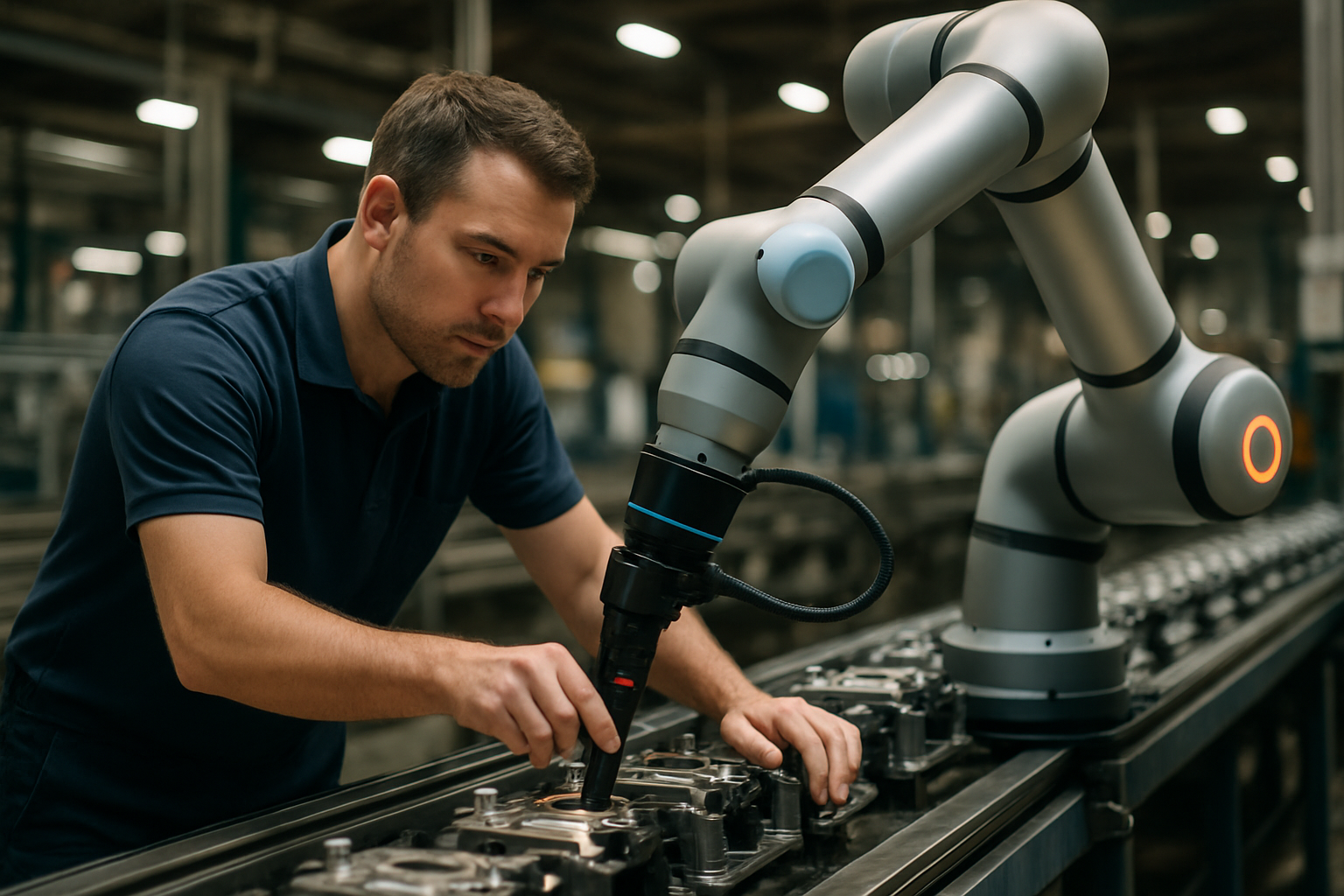Career Sustainability: Cultivating Adaptability in an Ever-Changing Workforce
In an era of rapid technological advancement and shifting economic landscapes, the concept of career sustainability has emerged as a crucial factor in long-term professional success. This innovative approach to career development focuses on building a resilient skill set and mindset that can weather the storms of industry disruption and evolving job markets.

The Evolution of Career Paths
Gone are the days of linear career trajectories and lifelong employment with a single company. Today’s workforce is characterized by frequent job changes, cross-industry transitions, and the emergence of entirely new career fields. This shift has been driven by factors such as globalization, technological innovation, and changing societal values.
Historically, career development focused on climbing the corporate ladder within a specific industry. However, the modern professional landscape demands a more flexible approach. The average worker now changes jobs 12 times during their career, with many of these transitions crossing industry boundaries. This fluidity necessitates a new paradigm for career management – one that prioritizes adaptability and continuous skill development.
Core Principles of Career Sustainability
At the heart of career sustainability lies a set of fundamental principles that guide professional development in a volatile job market:
-
Skill Agility: The ability to rapidly acquire and apply new skills as market demands evolve.
-
Network Resilience: Cultivating a diverse professional network that spans industries and roles.
-
Learning Mindset: Embracing continuous education and viewing challenges as growth opportunities.
-
Value Proposition: Consistently refining and communicating one’s unique professional value.
-
Work-Life Integration: Balancing career ambitions with personal well-being and fulfillment.
These principles form the foundation of a sustainable career strategy, enabling professionals to navigate uncertainties and capitalize on emerging opportunities.
Developing Future-Proof Skills
In the pursuit of career sustainability, certain skills have emerged as particularly valuable across industries and roles. These future-proof skills include:
-
Digital Literacy: Proficiency in emerging technologies and data analysis.
-
Emotional Intelligence: The capacity to understand and manage emotions in oneself and others.
-
Creativity and Innovation: The ability to generate novel solutions to complex problems.
-
Adaptability: Flexibility in the face of change and uncertainty.
-
Cross-Cultural Competence: Effectiveness in diverse, global work environments.
Investing in these skills creates a versatile professional toolkit that remains relevant despite market fluctuations. Moreover, these competencies often complement each other, creating a synergistic effect that enhances overall career resilience.
Strategies for Building a Sustainable Career
Implementing career sustainability requires a proactive approach and strategic planning. Here are key strategies professionals can employ:
-
Continuous Skill Assessment: Regularly evaluate your skill set against industry trends and identify areas for improvement.
-
Diverse Learning Experiences: Seek out varied professional experiences, including cross-functional projects, job rotations, and industry conferences.
-
Personal Brand Development: Cultivate a strong professional identity that communicates your unique value proposition across platforms.
-
Strategic Networking: Build and maintain a diverse professional network that extends beyond your current industry or role.
-
Financial Planning: Develop financial strategies that support career transitions and periods of skill development.
-
Well-being Focus: Prioritize physical and mental health to ensure long-term career performance and satisfaction.
By integrating these strategies into their career management approach, professionals can build the resilience necessary to thrive in an unpredictable job market.
The Role of Organizations in Career Sustainability
While career sustainability is primarily an individual responsibility, forward-thinking organizations play a crucial role in supporting this approach. Companies that prioritize employee development and adaptability often see benefits in terms of retention, innovation, and overall performance.
Progressive organizations are implementing initiatives such as:
-
Internal Talent Marketplaces: Platforms that allow employees to explore diverse roles within the company.
-
Learning and Development Programs: Comprehensive training initiatives that support continuous skill development.
-
Flexible Work Arrangements: Policies that enable employees to balance work with personal growth and well-being.
-
Mentorship and Coaching: Programs that facilitate knowledge transfer and professional guidance.
By fostering an environment that supports career sustainability, organizations can create a symbiotic relationship with their workforce, driving mutual growth and success.
Measuring Career Sustainability
Assessing the sustainability of one’s career path is an ongoing process that requires both qualitative and quantitative evaluation. Key indicators of career sustainability include:
-
Skill Relevance: The alignment of your skill set with current and projected market demands.
-
Professional Network Strength: The breadth and depth of your professional connections.
-
Learning Agility: Your capacity to quickly acquire and apply new knowledge.
-
Career Satisfaction: Your overall fulfillment and engagement in your professional life.
-
Financial Stability: Your ability to weather career transitions and invest in professional development.
Regularly evaluating these factors allows professionals to make informed decisions about their career trajectories and identify areas for improvement.
In conclusion, career sustainability represents a paradigm shift in professional development, emphasizing adaptability, continuous learning, and holistic well-being. By embracing this approach, individuals can navigate the complexities of the modern job market with confidence and resilience. As the workforce continues to evolve, those who prioritize career sustainability will be best positioned to thrive in the face of change and uncertainty.





